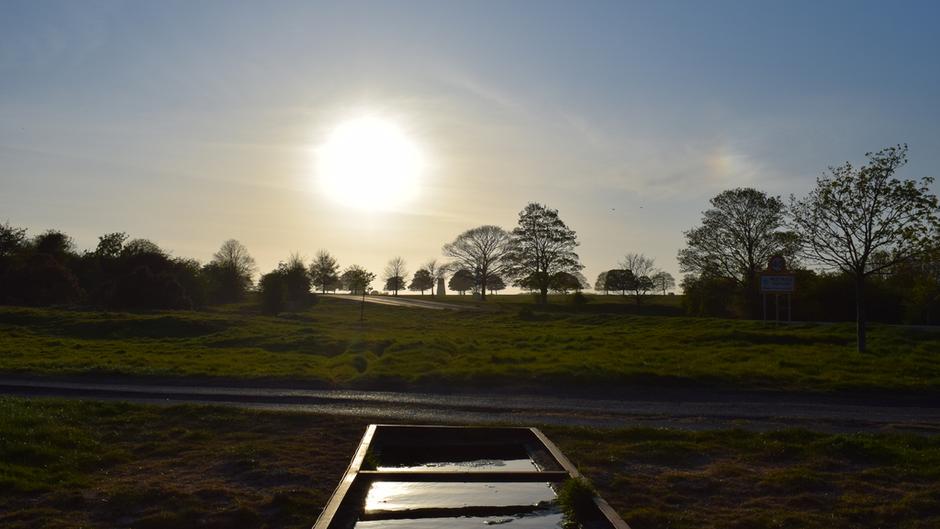Summer has flown by and all of a sudden we have reached September! From the start of a new school term to the beginning of autumn, September symbolises new beginnings, but it is also filled with interesting history and traditions.
The word “September” comes from the Latin “septem”, meaning “seven”, which may strike you as odd seeing as September is the ninth month of the year. This is because in the oldest known Roman calendar dating back to 750 BC, the original Calendar of Romulus, there were only 10 months. The year started with March (Latin Martius), until a calendar reform added January, February and an extra day.
During the reign of Charlemagne, the Emperor of the Romans, came Charlemagne's calendar where September was called the “harvest month”.
Nowadays, it marks the start of an important date in the farming calendar; harvest season when crops are harvested for food and animal feed.
The word ‘harvest’ comes from the Old English word ‘hærfest’ meaning ‘autumn’, named appropriately after the season for gathering the food of the land. With it, comes the harvest moon, traditionally celebrated on the Sunday closest to the autumn equinox. This year that will occur on Wednesday, September 2, at 1:22 AM ET, and is also referred to as the Full Corn Moon.
There are just a little over 12 complete Moon cycles every year, on average, but what sets the Harvest Moon apart from other full Moon names is that it’s not associated with a specific month as the others are. Instead, the Harvest Moon relates to the timing of the autumnal equinox and depends on how the lunar cycle lines up with the Gregorian calendar.
Usually falling towards the end of September, or occasionally in early October, the harvest festival is perhaps the closest thing we have to the UK version of thanksgiving.
Back in the day, harvest became such a crucial time on the calendar because a prosperous harvest ensured an entire community would be fed throughout the bitter and potentially barren winter months. Then after a successful harvest came the celebration.
Ancient traditions over the celebration of harvest varied across the country, but usually consisted of some form of a harvest supper shared by farmers and followed by dancing and merry-making. The end of harvest was signified by St Michael’s Mass on the 29th September.



